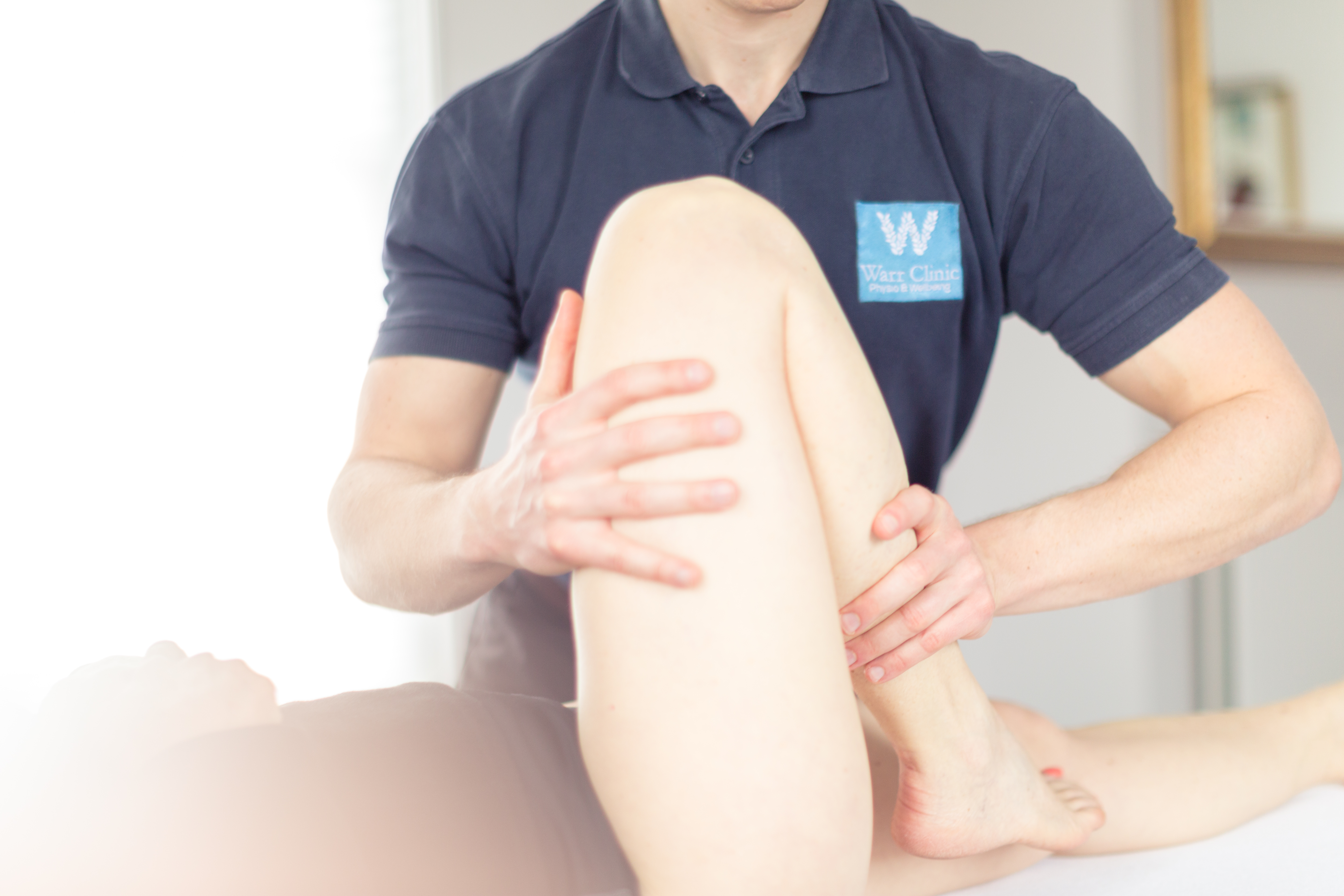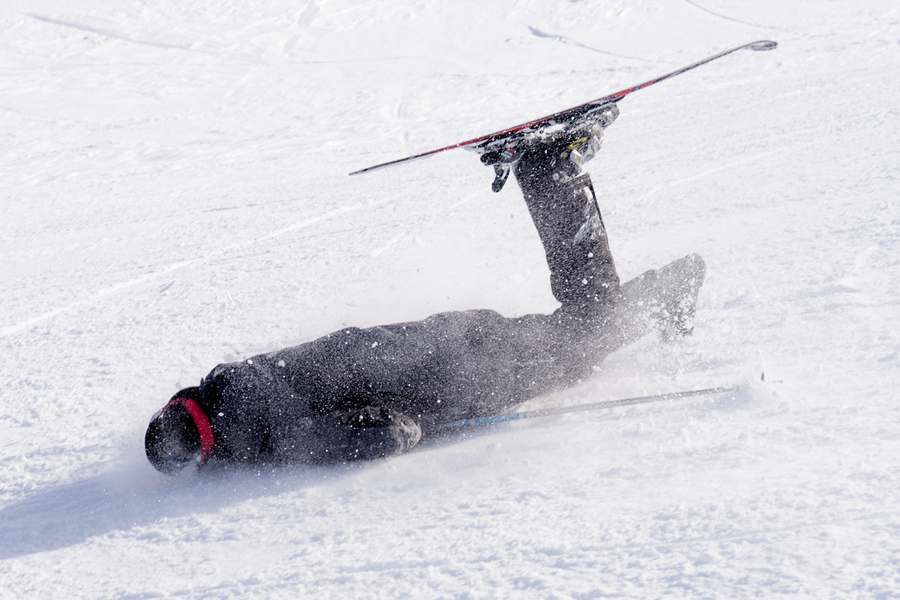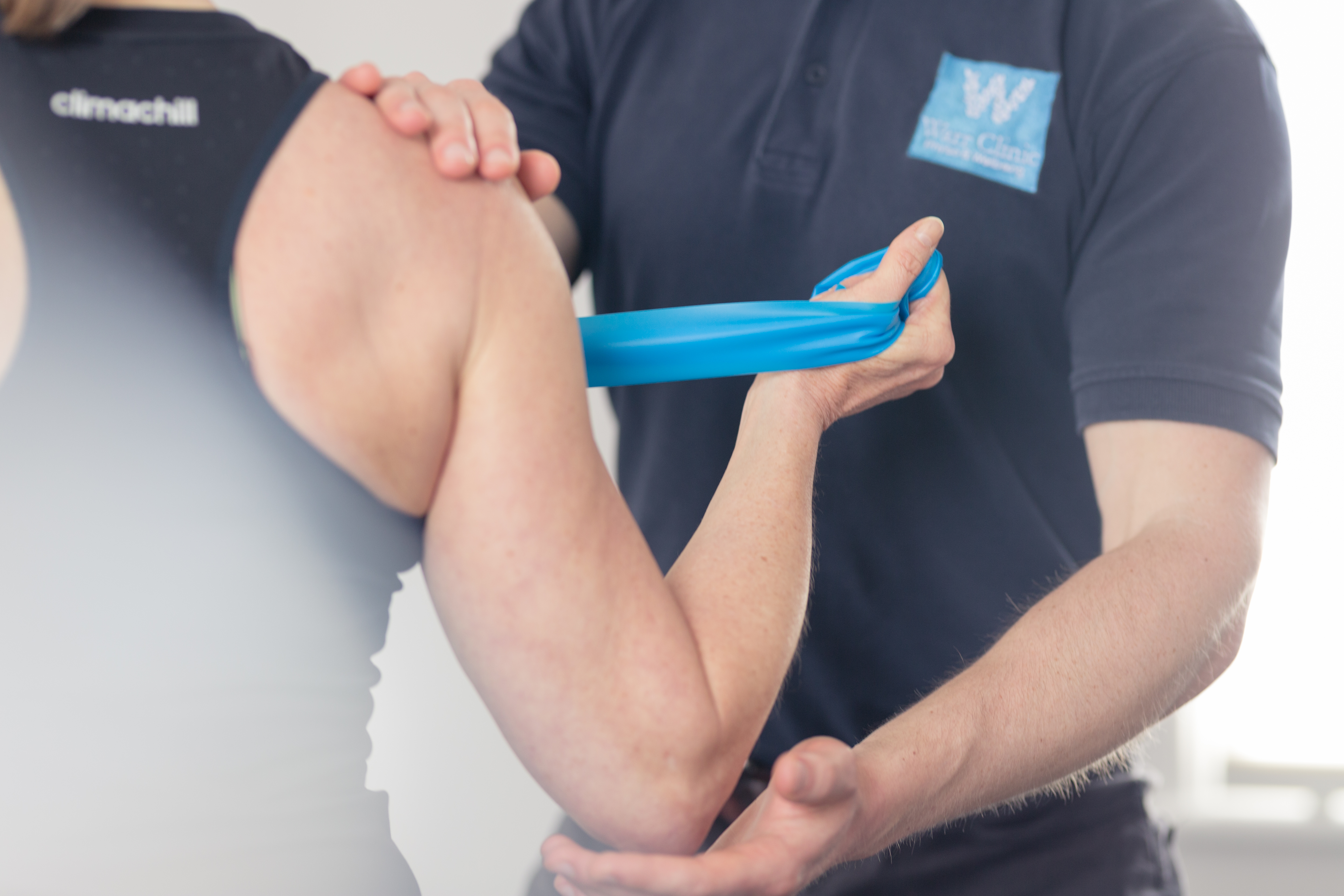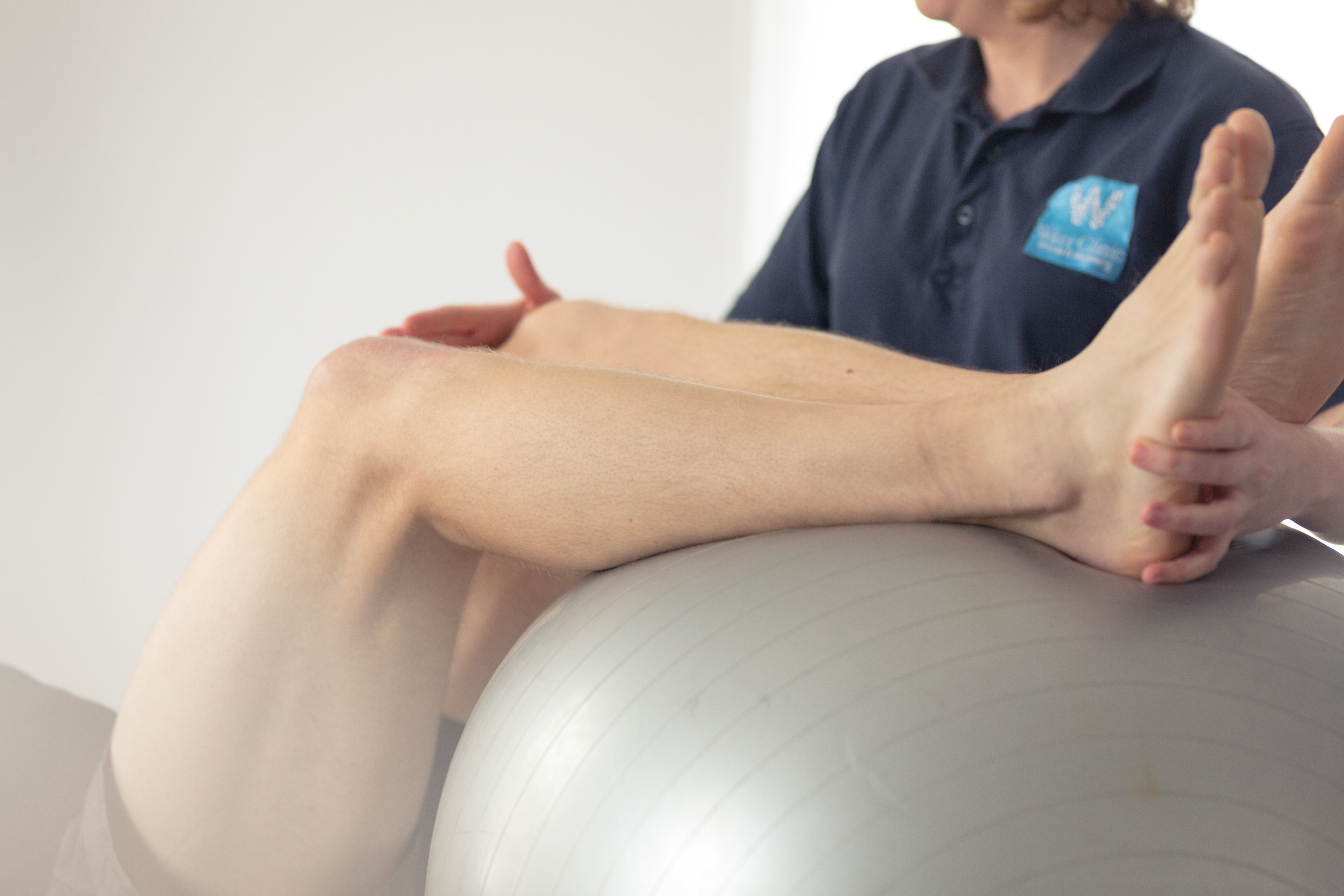Arthritis and Rheumatism- What are They?
The terms arthritis and rheumatism often come up in consultations, and they are quite often the source of a bit of confusion. The worst offender being rheumatism. Rheumatism is a term that has been used as a very vague diagnosis for inflammation of the muscles, joints...












